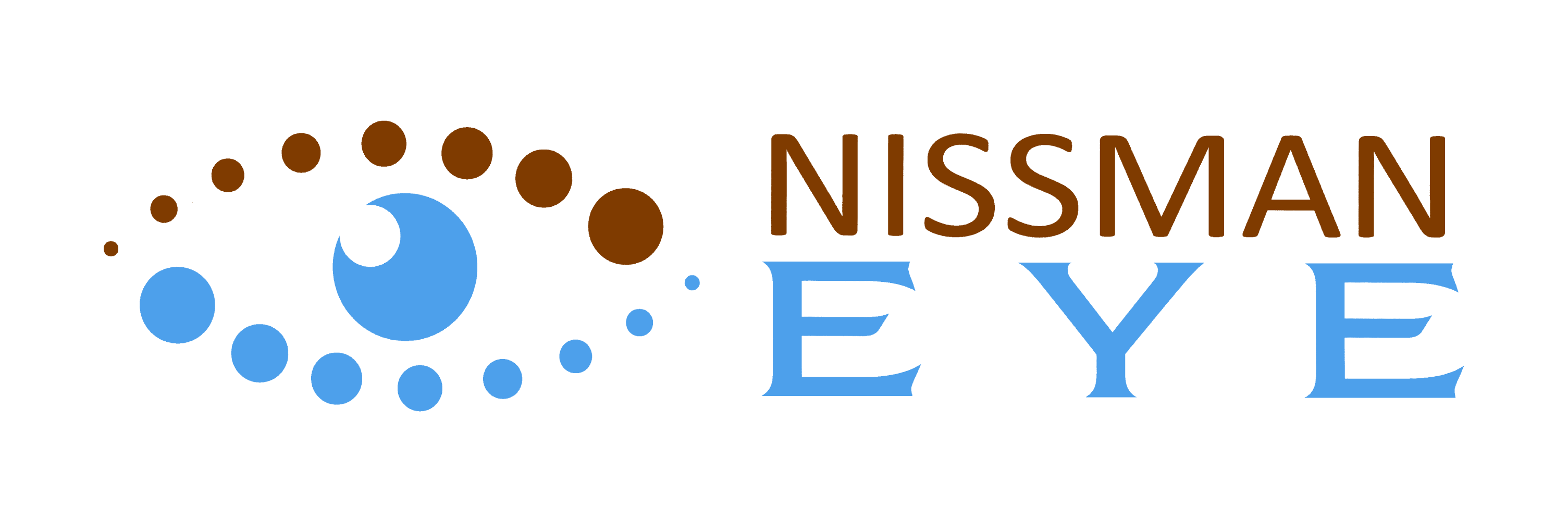How do I know when my cataracts are “ripe?”
If an eye doctor tells you that you have a cataract, don’t be alarmed! Cataracts form as a normal part of aging in most individuals. A cataract simply means that the clear lens inside your eye that focuses light begins to get cloudy. As time goes on, the cataract gets cloudier, and eventually gets to be like looking through a dirty window. Patients often complain about blurred vision, glare and halos around lights, and colors seeming dim and muted. The vision complaints caused by cataract cannot be corrected with new glasses. The only way to improve poor vision caused by a cataract is to remove the cataract with surgery.
Patients often ask how they know when the time is right for them to have cataract surgery. The answer is that there is no definite time when surgery is required. You are not doing any harm to your eyes by leaving the cataracts alone. The issue becomes how bothered you are by your level of vision. Everyone has a different threshold of cloudiness that they can live with. The decision is always left up to the patient. When your vision decreases to a level that you feel is impacting your quality of life, that is the time to consider cataract surgery.
Cataract surgery is a wonderful procedure. Restoring clear vision through cataract surgery is one of the most satisfying and rewarding things we as ophthalmologists do. The procedure itself takes approximately 15 minutes and is done on an outpatient basis. Dr. Nissman performs his cataract surgery at the Wills Eye Surgery Center near the intersection of Ridge Pike and Chemical Road in Plymouth Meeting. During the procedure, the cloudy lens is removed and replaced with a crystal clear synthetic lens implant that focuses the light. Patients are awake during the procedure but are given medication to relax them and experience essentially no discomfort. The improvement that patients have in their vision is often dramatic and life-changing. Cataract surgery is generally thought of as being extremely safe, but every surgical procedure does carry some small risk.
Dr. Nissman will work with you to weigh the potential benefits versus risks to help you decide if and when cataract surgery is the right option for you. Cataract surgery is covered by your medical insurance.
